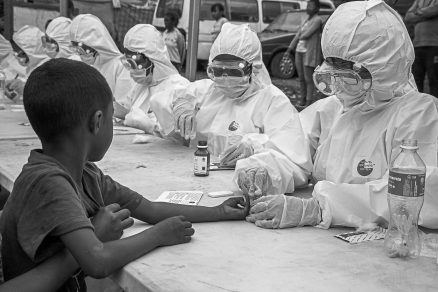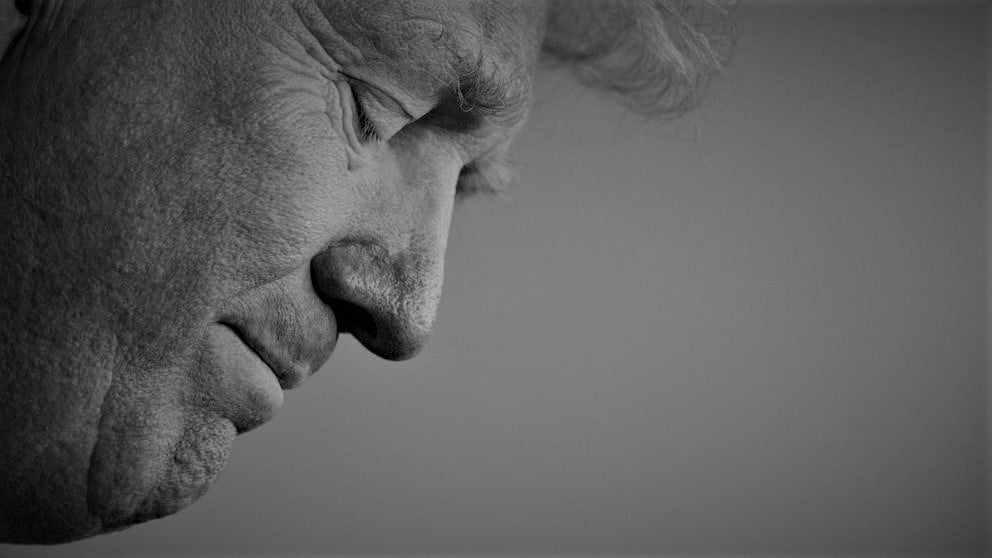Children appear to be the least affected by the COVID 19 pandemic. Not only do they get less sick with coronavirus, but they also have less aggressive symptoms of the disease when they do.
In China, for example, only 2% of the patients are minors, while in Spain the percentage is even lower, since only 1% of the cases accounted for are between 0 and 19 years old.
Due to these statistics, the risks associated with the virus for children appear to have gone somewhat unnoticed within world public opinion.
However, the crisis caused by the coronavirus pandemic and its confinement conditions will have effects on the lives of millions of minors.
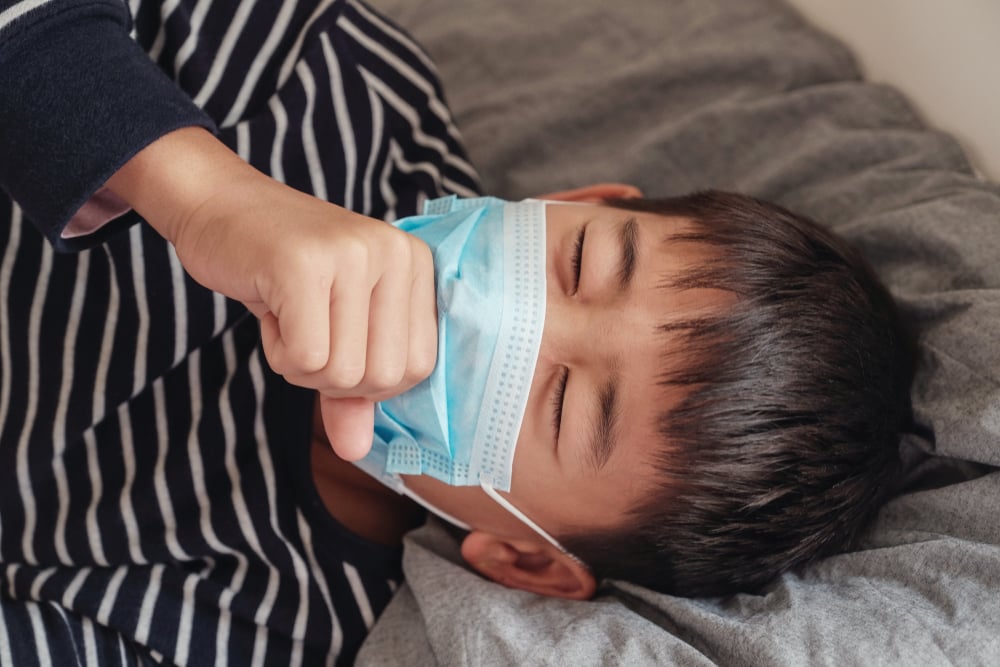
Effects on vulnerable children
The Secretary General of the United Nations (UN), Antonio Guterres, warned that the «harmful effects» derived from the coronavirus pandemic «will be more damaging» for «vulnerable» children.
«The harmful effects of this pandemic will be more damaging for children in the poorest countries and in the poorest neighborhoods, as well as for those who are already disadvantaged or vulnerable», he said.
Presenting a report with guidance on the impact of COVID-19 on children, he explained that the global pandemic constitutes a triple threat to the world child population: the infection caused by the virus itself, the «immediate» socioeconomic impacts caused by the measures of containment and the potential long-term effects they will have to the detriment of the UN Sustainable Development Goals.
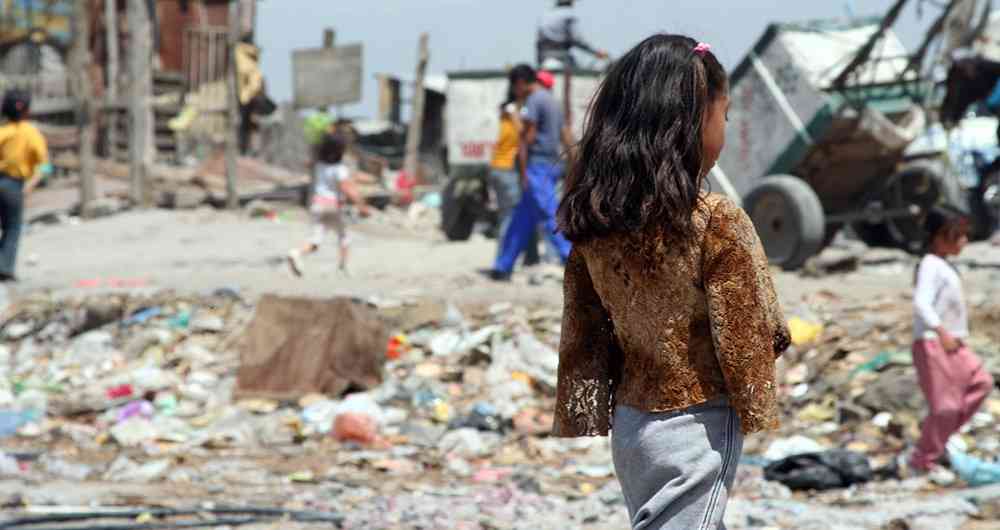
Minors in extreme poverty
According to UN data, between 42 and 66 million children could fall into extreme poverty as a result of the health and economic crises caused by the pandemic. This figure adds to the 386 million that were already in that state for 2019.
The other point is that the confinement measures to prevent the spread of the coronavirus will affect the educational process of the children.
The UN maintains that the closure of schools in 188 countries affects more than 1.5 billion children and adolescents.
Although two thirds of countries have introduced a «distance education» platform, in low-income countries, only 30% of infants have access to such systems.
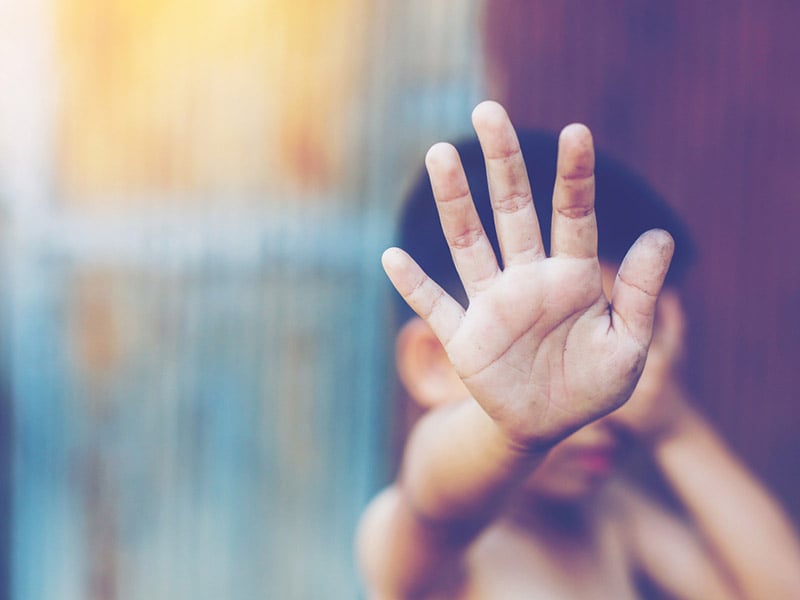
On the other hand, the UN warned that the pandemic will affect children, threatening their survival and health; and especially their diet.
«Almost 369 million children in 143 countries, who normally depend on school meals as a reliable source of daily nutrition, must now look for other food alternatives», the organization warned in the document quoted by El Confidencial.
Close to 60% of the world’s minors live in countries where isolation measures have been taken and, according to Guterres, this condition increases the danger that children «witness or are victims of violence and abuse».

«Hundreds of thousands of children could die»
The United Nations Children’s Organization Fund (UNICEF) warned that «hundreds of thousands of children» could die this year as a result of the coronavirus pandemic.
However, the agency explained that the deaths will not occur due to the spread of COVID-19, but because of the mitigation measures applied in the countries where they live.
Unicef warned that while deaths and infections from the new coronavirus are counted in the world, some governments are distracted by the «catastrophic effects» of the pandemic on children, which are not limited only to their health, but to all dimensions of their lives: like education, security and poverty.
“Many of the mitigation measures are, of course, necessary. But it is the measures, for the most part, that are affecting children, and tragically they are not always the most appropriate. So now we are in a situation where those measures, in some places, are doing more harm than good”, said Laurence Chandy, global director of the UNICEF Office of Policy.
The entity added that the economic crisis will force the poorest families to cut medical and food expenses, which puts the health of the youngest at risk.
“We can expect worse results in terms of children’s health. And the effects of the global recession on infant mortality are expected to be hundreds of thousands of additional child deaths», he said.
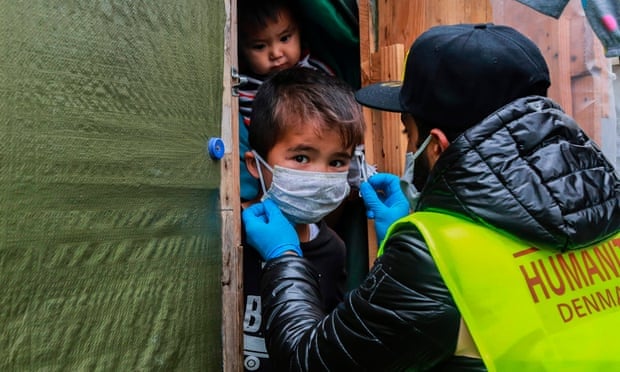
Protection measures
Faced with this bleak picture, the UN proposed to collect more information «on the magnitude and nature» of the impact of COVID-19 among children; exercise «more solidarity»; and increase action.
«Based on the best practices, governments should adapt the measures to reflect the local context, and be accompanied by additional measures that guarantee the well-being of children, both during the pandemic and at its end», urged the organization.
The document presented by Antonio Guterres calls for expanding or deepening social assistance to families, guaranteeing food supply chains and local markets, and prioritizing the continuity of child-centered services, such as schooling.
It also proposes to implement actions to protect minors at greatest risk, such as migrants, displaced persons, refugees, minorities, slum dwellers, those with disabilities and those caught in armed conflict.
The UN insists on the need to provide support to parents and caregivers, prioritize the restoration of children’s services as confinement measures decrease, and ensure that minors have access to COVID-19 tests, treatments and vaccines when they become available.
For its part, UNICEF asked governments to expand social care, ensure the availability of food and prioritize the continuity of child protection services.
